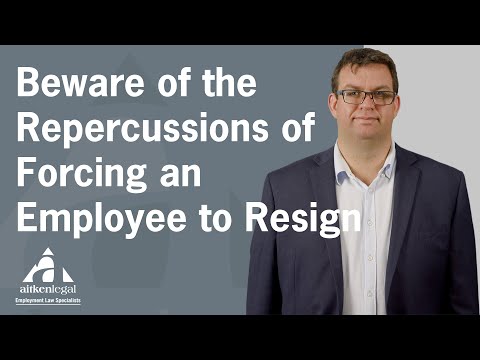
Is Forced Relocation Legal?
Welcome to this informative article where we will delve into the complex topic of forced relocation in the context of US law. Before we begin, it is important to note that while we strive to provide accurate and comprehensive information, it is always advisable to cross-reference with other sources or consult legal advisors for specific situations. With that in mind, let’s explore the legal aspects of forced relocation.
Understanding Employee Relocation: Can Employers Legally Require You to Move Locations?
Understanding Employee Relocation: Can Employers Legally Require You to Move Locations?
📋 Content in this article
Employee relocation is a complex issue that arises in various industries and can have significant implications for both employers and employees. It refers to a situation where an employer requires an employee to move to a different location as part of their job responsibilities. However, the question often arises: is forced relocation legal? Let’s delve into this matter and gain a better understanding of the legal aspects surrounding employee relocation.
The At-Will Employment Doctrine
To comprehend the legality of forced relocation, it is essential to understand the concept of at-will employment. In the United States, most employment relationships are considered “at-will,” which means that both the employer and employee can terminate the employment relationship at any time, with or without cause or notice. This doctrine allows employers a certain degree of flexibility in managing their workforce, including the ability to require employees to relocate under certain circumstances.
Employment Contracts and Relocation Agreements
However, it is important to note that not all employees are considered at-will employees. Some employees have employment contracts that outline specific terms and conditions of their employment, including provisions regarding relocation. These contracts may specify whether an employer can legally require an employee to move locations and under what circumstances.
In addition to employment contracts, some employers may have relocation agreements in place. These agreements are separate documents that specifically address the terms and conditions of employee relocation. They may outline the circumstances under which an employee can be required to move, the financial assistance provided by the employer, and any other relevant details pertaining to the relocation process.
Reasonableness and Business Necessity
When evaluating the legality of forced relocation, courts typically consider factors such as reasonableness and business necessity.
Understanding Your Rights: Can You Refuse Relocation?
Understanding Your Rights: Can You Refuse Relocation?
In the United States, individuals have certain rights and protections under the law. One such protection is the right to refuse relocation. However, it is important to understand the legal framework surrounding forced relocation and the limits of this right.
1. The concept of forced relocation:
Forced relocation refers to a situation where an individual or a group of individuals are required to move from their current location against their will. This can happen for various reasons, such as government projects, urban development, or even natural disasters. The government or other authorities may argue that forced relocation is necessary for the greater public good.
2. The legal framework:
The legality of forced relocation depends on several factors, including the purpose of the relocation and the procedures followed by the authorities. The Fifth Amendment of the United States Constitution provides protection against the taking of private property for public use without just compensation. This is commonly referred to as the “takings clause.” Forced relocation may involve the taking of property, which triggers this constitutional protection.
3. Exceptions and limitations:
While individuals generally have a right to refuse relocation, there are exceptions and limitations to this right.
Title: Understanding Forced Relocation in US Law: Importance of Staying Informed
Introduction:
Forced relocation, also known as involuntary displacement or coerced migration, refers to the act of compelling individuals or groups to leave their homes and move to a different location against their will. This controversial practice has been a subject of legal scrutiny and debate in the United States. In this article, we will explore the legality of forced relocation under US law, highlighting the importance of staying informed and actively engaging with reliable sources to verify and cross-reference information.
Understanding Forced Relocation:
1. Historical Context:
Forced relocation has been a dark chapter in American history, most notably exemplified by the forced removal of Native American tribes from their ancestral lands during the 19th century. The Indian Removal Act of 1830 authorized the US government to relocate Native Americans from eastern states to designated Indian Territory, leading to widespread suffering and loss of life.
2. Constitutional Protections:
The United States Constitution provides certain protections that impact forced relocation. The Fifth Amendment prohibits the government from depriving individuals of life, liberty, or property without due process of law. The courts have interpreted this amendment to include protection against forced relocation without just compensation.
3. Eminent Domain:
One legal concept that relates to forced relocation is eminent domain. Eminent domain allows the government to acquire private property for public use, provided that just compensation is provided to the property owner. However, the use of eminent domain for forced relocation purposes has been subject to constitutional scrutiny and must meet strict standards to be considered lawful.
4. The Takings Clause:
The Takings Clause, found within the Fifth Amendment, further protects property owners from uncompensated takings by the government. If a forced relocation results in the seizure or destruction of property without adequate compensation, it may violate this constitutional provision.
5.
